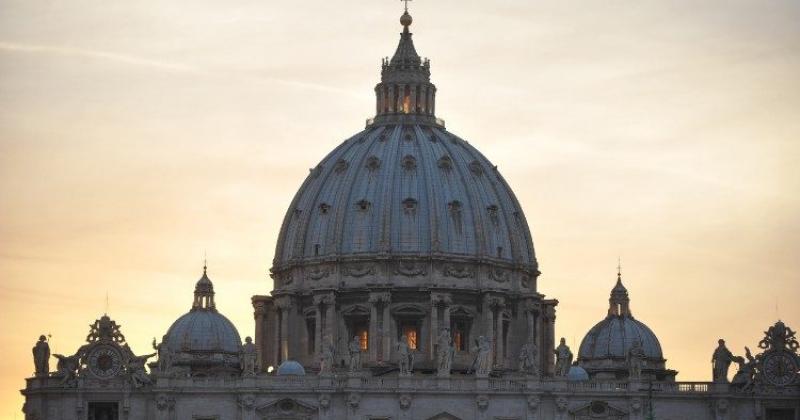With the abolition of the pontifical secret for cases of sexual abuse against minors, Pope Francis continues on the path of transparency.
Convened by Pope Francis in the Vatican in February 2019, the summit on the protection of minors continues to bear fruit. In fact, on Tuesday, 17 December, an important decision is being announced. It would not be hazardous to define it as historical. That decision regards the pontifical secret. The Pope, in fact, via a Rescript has decided to abolish it in cases of the sexual abuse of minors, of sexual violence and child pornography.
This means that any reporting, testimony and documents produced in canonical trials related to such cases of sexual abuse – those kept in Vatican Dicastery archives as well as those found in diocesan archives – which until now were subject to the pontifical secret, can now be handed over when requested to lawful authorities in their respective countries. This is a sign of openness, transparency, and the willingness to collaborate with the civil authorities.
In the case of Vatican Dicasteries, the request must be forwarded through the international rogatory process customary in the context of relations between States. The procedure is different, instead, for cases where the documents being requested are kept in diocesan Chancery archives: the competent legal authorities in each respective country must forward the request directly to the bishop. Particular arrangements provided for in agreements between the Church and State remain unaffected.
Connected to last May’s Motu Proprio Vos estis lux mundi, the breadth of Pope Francis’ decision is evident: the well-being of children and young people must always come before any protection of a secret, even the “pontifical” secret. The Rescript obviously does not affect the sacramental seal in any way, that is, the secret of confession, which is completely different than the pontifical secret which covers documentation and testimony. Neither does it mean that in these cases those documents produced in canonical trials should enter into the public domain or that they should become matter for public disclosure. The right of the victims and the witnesses to confidentiality must always be protected. Now, however, the documentation must be placed at the disposition of the civil authority for the purpose of investigating cases for which canonical proceedings have already begun.
